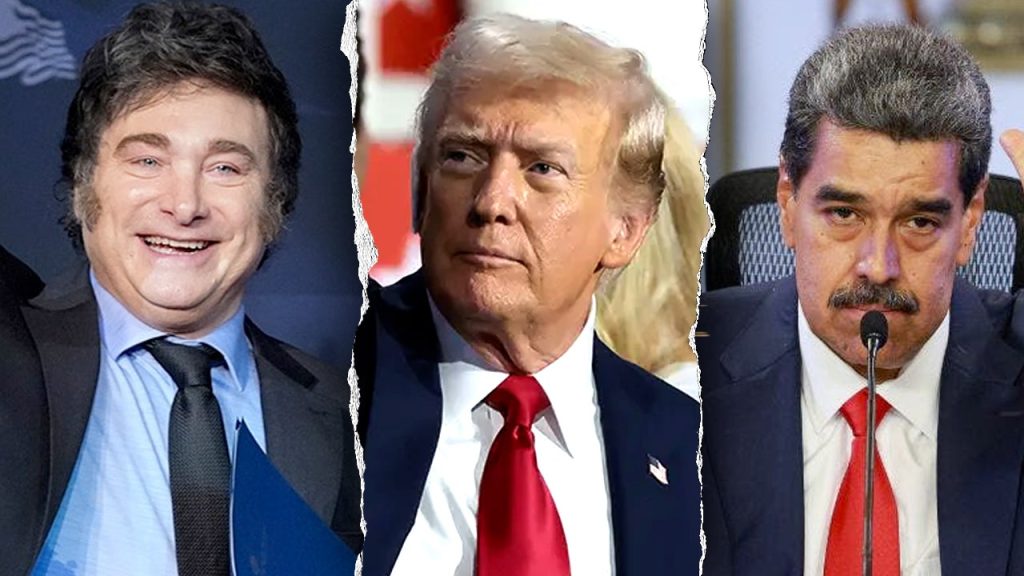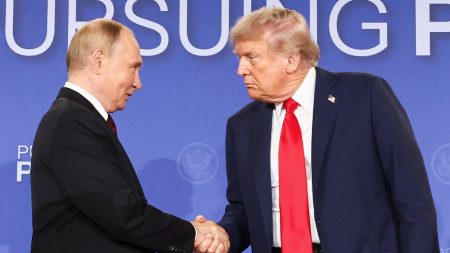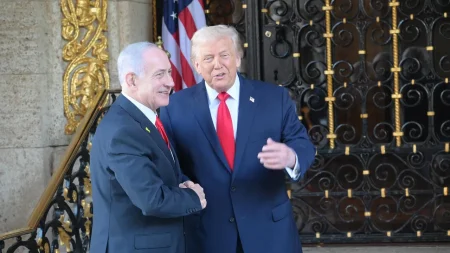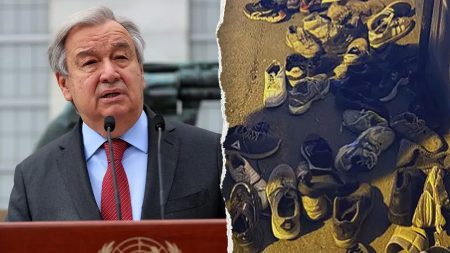The anticipated arrival of the Trump administration has generated a significant degree of trepidation among U.S. adversaries in Latin America, particularly concerning shifts in U.S. foreign policy that could undermine their national interests. In recent interactions, Mexico’s socialist President Claudia Sheinbaum exhibited a conciliatory tone in light of potential tariffs and immigration reforms, reflecting a broader regional apprehension. Joseph Humire, Executive Director of the Center for a Secure Free Society, emphasized that authoritarian governments in the region—specifically Cuba, Venezuela, Nicaragua, and Bolivia—are likely to reconsider their aggressive stances in light of what they perceive as a return to U.S. strength and assertiveness. This shift comes after years of provocations and disruptions, which these governments have exploited to destabilize neighboring nations and forge deeper connections with countries like China and Russia.
Humire outlined key elements of the Trump doctrine, known as “America First” or “Trumpism,” which emphasizes nation-state sovereignty and a commitment to power projection abroad. This represents a return to fundamental principles that characterized the early days of U.S. foreign policy. The political landscape in Latin America is witnessing a notable shift as right-wing leaders gain momentum, influenced by the recent electoral success of figures like Argentinian President Javier Milei. His meeting with Trump underscores a growing alignment among conservative leadership in the region, which could pave the way for a new wave of political initiatives that align closely with U.S. interests and policies.
Mexico’s particular vulnerability lies in its extensive economic ties and shared border with the U.S., making it acutely aware of the consequences of shifts in immigration and trade policies. The Sheinbaum administration is closely monitoring possible changes, fearing the repercussions for Mexico’s economy and immigration dynamics. Similarly, Colombia’s government, under President Gustavo Petro, expresses concerns over U.S. drug policy and security cooperation, apprehensive that a more aggressive stance by the U.S. could complicate delicate peace processes and exacerbate issues related to drug trafficking.
Countries like Cuba, Venezuela, and Nicaragua brace for intensified diplomatic and economic sanctions, particularly with the anticipated appointment of Marco Rubio as Secretary of State, who is expected to adopt a hardline approach towards leftist regimes. Chilean economist Axel Kaiser believes that Rubio’s focus on combating leftist authoritarianism will foster greater collaboration from the U.S., which could, in turn, benefit nations across the political spectrum—whether governed by left or right. He pointed out that Trump’s victory would yield support for countries under economic duress, especially Argentina dealing with financial instability, which could hinge on U.S. assistance for stabilization efforts.
With the inauguration of Javier Milei, Argentina is eager to bolster its ties with the U.S. to secure crucial IMF loans and facilitate foreign investments aimed at economic stabilization and adherence to free-market principles. Brazil’s potential alignment with the Trump administration may also open avenues for enhanced trade partnerships and cooperative efforts, particularly relating to infrastructure and energy initiatives. These possibilities indicate a readiness among Latin American countries to orient their policies to match this new U.S. political climate, thereby influencing broader regional dynamics.
Colombian Senator Paola Holguin echoed sentiments that the new Trump administration could significantly affect relations in Latin America, especially in terms of addressing authoritarian regimes. Despite a historically stable partnership between Colombia and the U.S. lasting over two centuries, there is uncertainty regarding future U.S. support due to concerns about Colombia’s alignment with nations adversarial to American interests. Holguin remarked on the contrasting conciliatory gestures from Petro and Maduro, suggesting an unusual alignment in response to fears about the changing geopolitical landscape. Experts caution that while some nations may find advantageous positions under Trump’s administration, actual benefits will depend on the specific policy implementations and the evolving nature of bilateral relations across the region.


![Standard Chartered Cuts Bitcoin and Ethereum Forecasts, Predicts Bottom by [Date] at $[Price]](https://commstrader.com/wp-content/uploads/2026/02/3f2a2e40b5435ea86ade84c25b7ee76c02e7fe3c-300x200.jpg)












